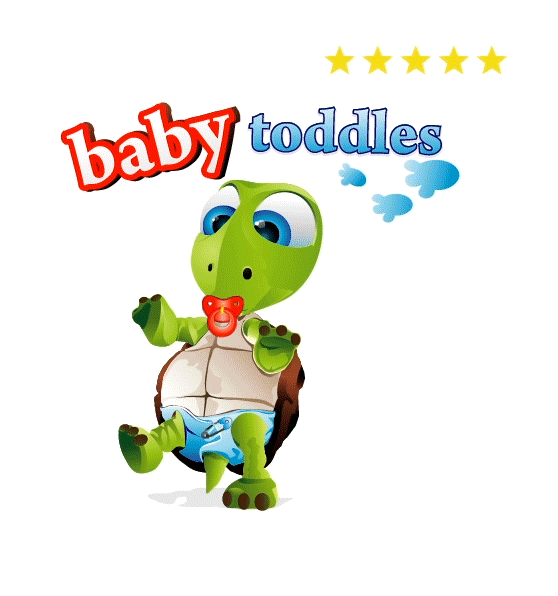Blog
Some Theories Pertaining To Attachment Parenting
‘Attachment parenting’ is a term originally coined by Dr. William Sears, who described this particular child parenting technique based on the principles of attachment theory. According to the attachment theory, there’s a solid emotional bond between the child and the dad and mum and / or caregiver during the formative years. This particular concept draws on individuals’ desire to experience interactions with other folks and it’s believed that little ones will benefit from having safe and steady connections with their mums and dads, which would then cause understanding interactions in the kid’s future existence.
The hypotheses and practice of attachment parenting have been talked about extensively for the past six decades by psychologists, child development experts and analysts examining brain activity. Each one of their reports have pointed out one particular component: the infant mind is ‘hard-wired’ with an intense wish to be nurtured by a physically accessible and emotionally close primary guardian.
There are several targets or fundamental rules of attachment parenting that have expanded from its initial development. The first rule is that the mother will prepare herself for the maternity stage and the baby’s birth. When the mother has explored precisely what will really occur, she will be more capable of setting sensible aims for herself and her partner.
The second rule is to have the best possible food choices for the newborn. Even though nursing is the best way for you to fulfill a child’s neurological and health demands, feeding the baby from a bottle can also assist in initiating a secure connection. Taking the cues for giving infants and children their food will help them learn to take in food whenever they’re starving and quit when they’re full.
Babies’ neurological structures are not yet completely evolved upon their entry into the world, and they will require help from persevering as well as empathetic fathers and mothers to soothe themselves or unwind. Reacting properly to a hurt, famished or distressed baby or little one will help them know ways to keep themselves calm as they advance and mature. Additionally, infants’ sobbing, clinging and sucking are early approaches that they utilize to keep their dad or mom or caregiver nearby. Infants’ emotional needs and neurological improvement become much better when their fundamental desires are attained. As children get older and are much more confident in their interactions with their caregivers, they acquire the ability to explore their surroundings and cultivate powerful connections with the people in their everyday living.
Late hours also present some of the best chances to bond firmly with a baby. Babies also have demands during the night, just as they do during daytime. Utilising a number of the more famous sleep training tactics could have a bad consequence for the subsequent growth of a little one. Consider that young kids can also change their surroundings well, so parents should be helpful and understanding when responding to the kid’s needs whilst staying strong if these nightly outbursts become more of a routine than a need.
Newborns demand continuous care-giving, mainly from a dad or mum. If one more caregiver is required, then try to introduce the new caregiver to the newborn slowly so that a relationship may develop between them. Ensure positive discipline between all guardians. A good theory of attachment parenting is that the dad or mum gives constructive discipline. This means that discipline is applied in an understanding and loving way that respects a youngster’s weak spots and talents. While babies shouldn’t be disciplined, youngsters need open communication lines and discipline that will aid them in transforming their conduct and preserve everyone’s dignity.
The last theory of attachment parenting is for parents to keep a healthy personal and family life. It really is easier to avoid behavior problems and be emotionally receptive to a baby or little one when the grownup is well-balanced and emotionally fed. Some ways to do this include having a support system of friends, setting practical objectives for both the dad and mum and the whole family unit, and not being frightened to say no when work obligations challenge the adults’ ability to take care of their loved ones.
These values are viewed by mums and dads in a number of diverse ways; some incorporate natural childbirth, home births, co-sleeping, natural health, home schooling or consuming organically grown foods as within the guidelines of these ideas. However, as parenting books will attest to, consider that these are rules to help moms and dads realize how becoming emotionally attached to their child could help to improve the newborn’s ability to get on with people as they grow, not merely to justify actions.

